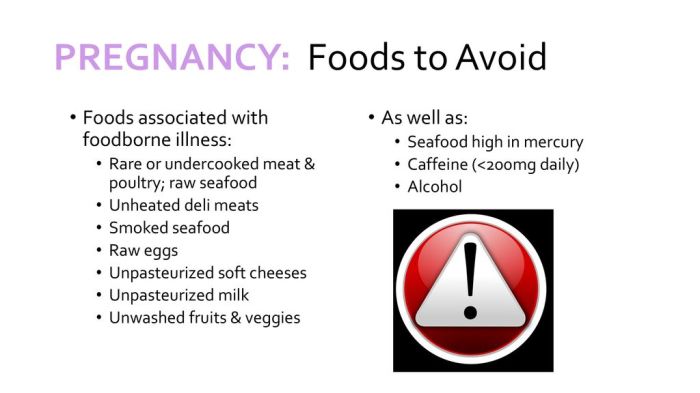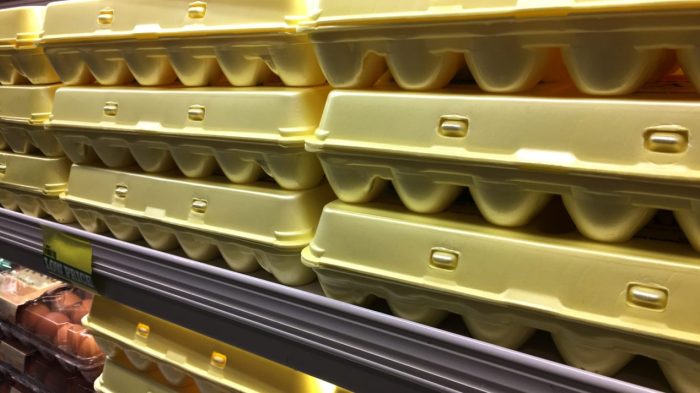Untreated shell eggs can be the source of Servsafe violations, posing significant health risks to consumers. This article delves into the presence of Salmonella bacteria on untreated shell eggs, the potential consequences of consuming them, and the importance of proper handling and storage to prevent contamination.
Servsafe, a food safety program, sets specific guidelines for the handling and storage of shell eggs to minimize the risk of Salmonella outbreaks. Understanding these requirements is crucial for food establishments to ensure the safety of their products.
Untreated Shell Eggs as a Source of Salmonella

Untreated shell eggs pose a significant health risk due to the presence of Salmonella bacteria. This bacterium can cause severe foodborne illness, leading to symptoms such as diarrhea, vomiting, and fever. Consumption of contaminated eggs can have serious consequences, especially for vulnerable populations like children, the elderly, and those with weakened immune systems.
Proper handling and storage of shell eggs are crucial to prevent Salmonella contamination. Eggs should be refrigerated at or below 40°F (4°C) and used within three weeks of purchase. Avoid washing eggs before storing them, as this can remove the protective layer on the shell and increase the risk of bacteria penetration.
Servsafe and Untreated Shell Eggs
Servsafe is a food safety training and certification program designed to educate food handlers about proper food handling practices. According to Servsafe guidelines, untreated shell eggs are considered a potentially hazardous food due to the risk of Salmonella contamination. Food establishments are required to follow specific requirements for handling and storing shell eggs to prevent foodborne illness outbreaks.
Servsafe mandates that shell eggs be held at or below 45°F (7°C) for a maximum of 7 days. If eggs are to be held for longer than 7 days, they must be pasteurized or otherwise treated to eliminate Salmonella. Food handlers must also practice proper hygiene and follow proper cleaning and sanitizing procedures to prevent cross-contamination.
Prevention and Control Measures
Preventing Salmonella contamination in shell eggs requires a comprehensive approach. Proper handling and storage, as Artikeld by Servsafe guidelines, are essential. Additionally, pasteurization is an effective method for eliminating Salmonella from eggs. Pasteurization involves heating eggs to a specific temperature for a predetermined period, killing any bacteria present.
Food safety training and education for food handlers are crucial in preventing Salmonella outbreaks. Food handlers should be trained on proper egg handling, storage, and cooking techniques. They should also be aware of the symptoms of Salmonella infection and the importance of seeking medical attention if they suspect contamination.
Consequences of Ignoring Servsafe Guidelines, Untreated shell eggs can be the source of servsafe
Ignoring Servsafe guidelines regarding untreated shell eggs can have severe consequences. Foodborne illness outbreaks linked to contaminated eggs can result in legal implications and penalties for food establishments. Outbreaks can also damage consumer trust and harm business reputation.
Furthermore, individuals who consume contaminated eggs may suffer from severe illness and potential long-term health complications. It is essential for food establishments to adhere to Servsafe guidelines and prioritize food safety to protect consumers and safeguard public health.
Essential Questionnaire: Untreated Shell Eggs Can Be The Source Of Servsafe
What are the potential health risks of consuming untreated shell eggs?
Consuming untreated shell eggs poses the risk of Salmonella infection, which can cause symptoms such as nausea, vomiting, diarrhea, and fever.
How can I prevent Salmonella contamination from untreated shell eggs?
Proper handling and storage of shell eggs is crucial. Keep eggs refrigerated at or below 40°F (4°C) and avoid washing them before storing.
What is the role of Servsafe in preventing Servsafe violations related to untreated shell eggs?
Servsafe provides guidelines for the safe handling and storage of shell eggs, including specific temperature requirements and storage practices, to minimize the risk of Salmonella contamination.

